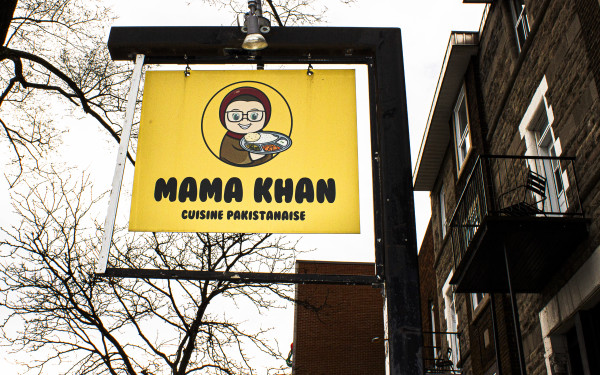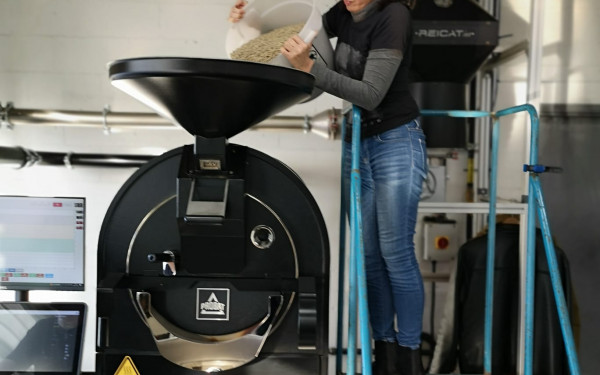Hungry Box Serves the Public and the Homeless in One Shot
Concordia Alumnus Unites Profit With Charity
Can a Montreal business be as profitable as it is charitable?
If you ask Sean Scourse, the entrepreneur who started Hungry Box, the answer is yes.
Scourse started the company in 2013 with a plan to solve hunger in the city. The concept is simple: for every item of food sold, one goes to feed the homeless.
Their website explains, “For each Hungry Box purchased, we donate and personally deliver the exact same meal to young families scraping by, underfunded abuse shelters and anyone living on the streets.” They also deliver any leftover goods that were not sold throughout the day.
The idea had come to him in a slighlty unconventional way. It came after what he called a moment of clarity. He thought of it after dropping out of Concordia University and leaving his business degree behind.
“I found that if my focus was on wealth, I’m doing it all wrong,” he explained.Scourse knew from a young age that he would have a future in the restaurant business. Through the years, he noticed that healthy and affordable prepared food was hard to find.
“When you look at the options that we have, it’s really kind of crappy. There’s not any real focus on the customer’s health it all just seems to be about the bottom line,” he said. “If you look at the majority of options out there, it’s nothing that you would have made at home.”
But with such a particular business model—one that includes creating everything by hand, even that which is given away without charge—Scourse struggled to figure out the financial side of things. He found that cooking from scratch heavily reduced the overall production costs. “Obviously the trade-off is that you’re adding time,” he explained. “We make our products every day. Our motto is that we don’t need expiry dates because nothing is resold the following day. Whatever we don’t sell is the first that we give to the hungry.”The business took off with two open locations, a kiosk downtown and a space in Notre-Dame-de-Grâce where all the food was produced. Scourse took on a partner, Jeff Roberts, and together they run the company.
Scourse had originally funded the company by scraping together his savings and $25,000 of public funding. But profits came slowly. The kiosk alone cost $3,500 a month and income of both locations hovered between $11,000 and $12,000.
He explained that the losses were as significant as the gains.
“Even when we had a great month, we’d get dragged down by the kitchen expenses. We had a crazy amount of debt,” he explained. “It was spiraling out of control.”
After months of financial difficulty, Scourse was forced to close down his downtown location in July 2015. The second location folded shortly after.
“I thought that at that point we were done,” Scourse admitted.
Shortly after, he was contacted by a friend who provided him with a new space in which to prepare his food at night. With the new location, the team was able to focus on corporate catering rather than individual sales.
He now hopes to open two new kiosks downtown with a long-term goal of expanding internationally. He said how starting slowly in Ottawa would give him time to experiment and manage growth before going further.
“The next big step,” he said, “is world domination.”

_900_675_90.jpg)


_600_375_90_s_c1.jpg)


